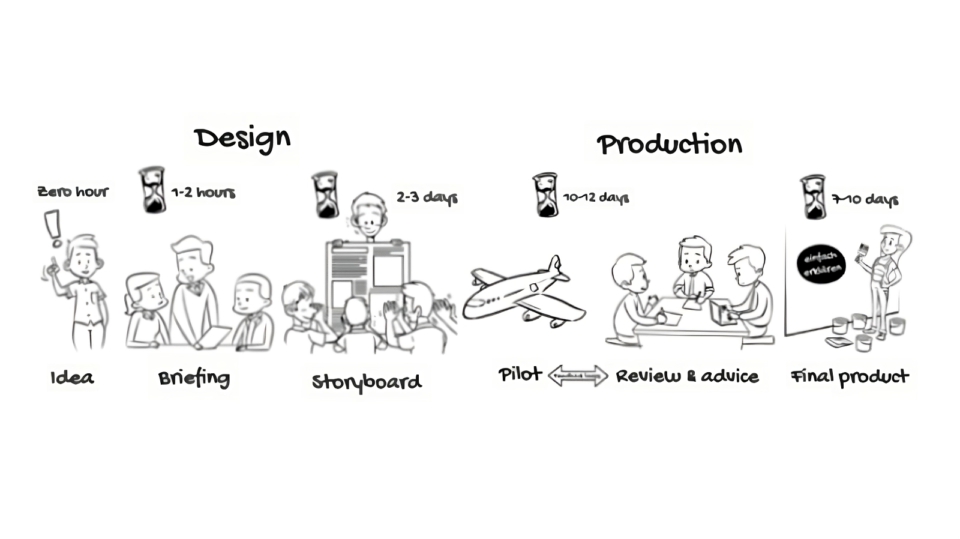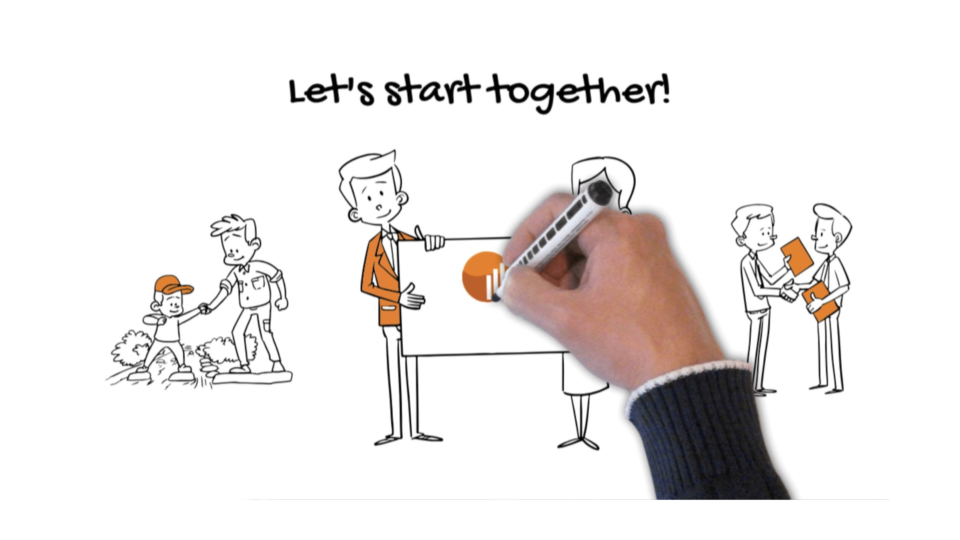The COVID-19 pandemic has turned working life as we know it upside down. One topic, that was discussed, negotiated, prepared and very often still rejected in the end, has suddenly become a reality in numerous companies: working remotely. This field trial is now slowly coming to an end – at least for the time being. As lockdown decisions are eased, the first employees are gradually returning to their actual workplaces and companies are able to make an initial assessment of this experience. This period of time is of special importance for companies, as they are now setting the course for whether their employees should be given the option to work remotely not only for the time of Corona but also after the pandemic has ended. In their own interest, companies should not only take this short experience of working from home as a basis when making this decision. It is only natural that such a sudden change from regular to remote work does not always run smoothly. Instead, companies also need to take into account the clear advantages of remote work, even if they did not always come to light during this experiment.

Published:
21/10/2022Each company carries an ecological responsibility. A rising number of remote workers leads to a reduced density of traffic. This is made clear by a report from ifaa: If one in ten of those, who usually go to work by car, starts to work from home only once a week, a total number of about 4.532 km of commuting distance can be saved in Germany. This not only contributes to a reduction of CO2 emissions but is also accompanied by a decrease in noise pollution. On a long-term basis, the rising number of people working remotely may also lead to the changing of the cityscapes. The fewer offices are needed, the more space is revealed for parks and green spaces, which makes our cities appear more attractive and livable.
A study conducted by the German Institute of Economic Research shows, that employees regularly working from home are on average more satisfied than those who are commuting every day. This does not only apply to the professional area but also during their leisure time, remote workers show greater satisfaction. Particularly dissatisfied are those employees, that would like to work from home but are not granted the opportunity.
One of the major concerns of companies with regard to remote work is, that their employees are less productive if they are working from home. However, numerous research reports suggest that the opposite is true. So do the results of a study conducted by Stanford University: A pool of 500 employees was examined, with half of them working in the office and the other half working from home. While those who were working in Increased Productivity offices showed the tendency to arrive late for work and were frequently distracted by their colleagues and the working environment, the employees working from home made full use of their working time and were often even working longer. Home working led to a performance increase of 13 %, the fluctuation rate decreased by more than 50 %. At the end of the experiment, the employees were offered the option to reselect between working from home and working from the office, which led again to a 22 % performance increase.
The offer of working from home represents an important aspect for companies with regard to the recruitment and retention of employees. One in three workers would like to work from home, at least occasionally. This is shown by the results of a study by the German Institute of Economic Research. But not only mothers and fathers appreciate this option, for whom working from home means the opportunity to easier combine family and work. Advantages in employer branding also singles like the idea of being able to combine work and private life easier with the help of working from home.
Let’s have a look at some important yet interesting topics on the future of Artificial Intelligence.

Discover within this blog the processes & strategies that were used to create the HCM Explainer Video!

What were the best practices gained from the creation of the HCM Explainer Video? Enjoy reading this blog to find out!






